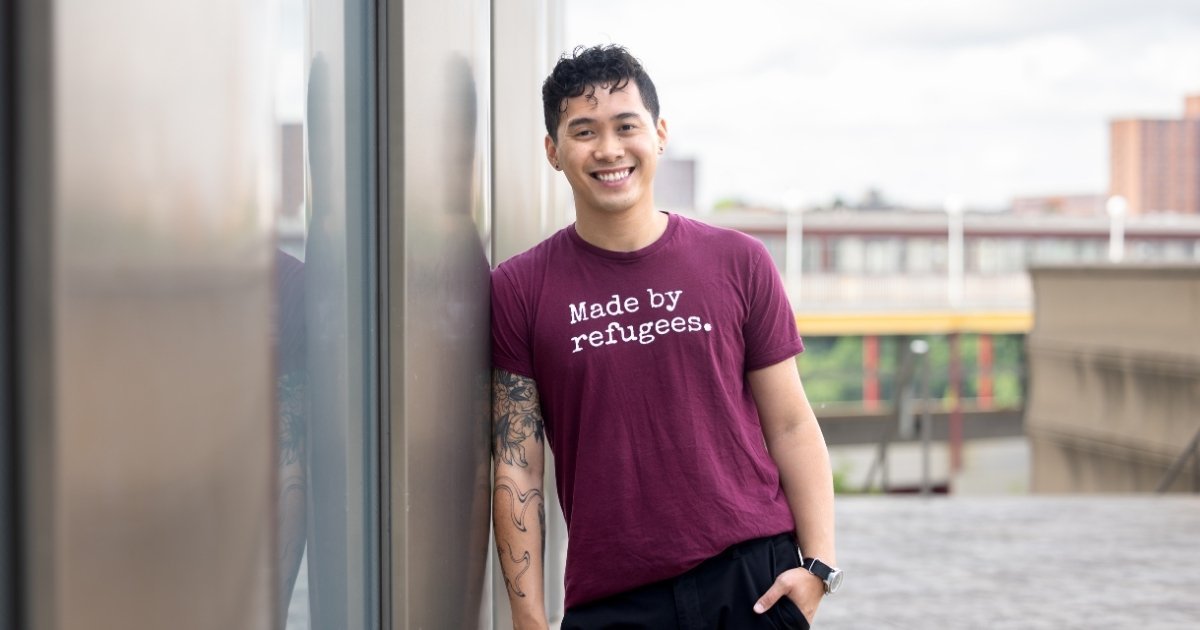Originally published in the summer issue of the Notes on Antiracism, Justice, and Equity newsletter.
In her book Platonic, psychologist Dr. Marisa Franco writes that the word platonic derives from Plato’s notion of a “love so powerful it transcended the physical.” This concept inspired scholar Marsilio Ficino to coin the term “platonic love” in the fifteenth century, which he believed centered on connecting to another person’s soul.
“We’ve all heard the line that humans are social creatures. It’s true,” writes Dr. Franco. “We are loving and caring, and we lose sight of this when our past injuries entreat us to protect ourselves first and foremost.”
In the U.S., individualism and white supremacy culture have been weaponized to protect systems of oppression. We overemphasize individual exceptionalism and responsibility while ignoring how privilege shapes our experiences. This obsession with individualism also molds our Westernized view on mental health, which is often focused on pulling away from the fire to protect oneself.
Community and connection are more important now than ever, and our students’ research highlights that. PHAP student Nicholas Rethemeier’s work underlines the importance of social relationships and connectedness for a person’s health, saying that “Americans’ desire for self-reliance and self-sufficiency created a hole in our health and wellbeing, a hole that loneliness has filled. This hole is literally killing us.” Students such as social worker Ashlee Cermak have been co-developing the Mental Health and Well-being Socio-Ecological Model, which moves beyond the “individualistic and reductive perspective” of mental illness to highlight the important societal, policy, and community layers that are influential to a person’s mental health and well-being.
In short, connecting with one another is essential for our health: We need each other.
Public health is an inherently collectivist discipline because our well-being is interdependent. Being in community, showing up for one another, participating in mutual aid, and fighting for our collective rights are examples of platonic love—and public health—in action. Whether it be locally, nationally, or globally, we have witnessed remarkable courage in the face of intensified challenges to our most basic human rights. With growing opposition, it is important to remember that promoting public health and antiracism has never been the work of one person, nor can it be undone by one person.
Some ways to engage in community include:
- Donate to mutual aid funds both locally (such as the Community Aid Network MN) and those that support communities experiencing state-sanctioned violence or human rights violations.
- Volunteer for organizations that are advocating for human rights and social justice.
- Show up to events and protests, and be prepared. Know your rights and take necessary precautions before attending an event, including telling another person where you will be.
- Spend time with your loved ones. Love and joy helps build resilience.
The weight of our current environment can feel crushing, but we do not have to carry that weight alone. At a time when pulling away from the fire seems tempting, it is important to remember our agency and collective power. We are the fire.
With you,
By

